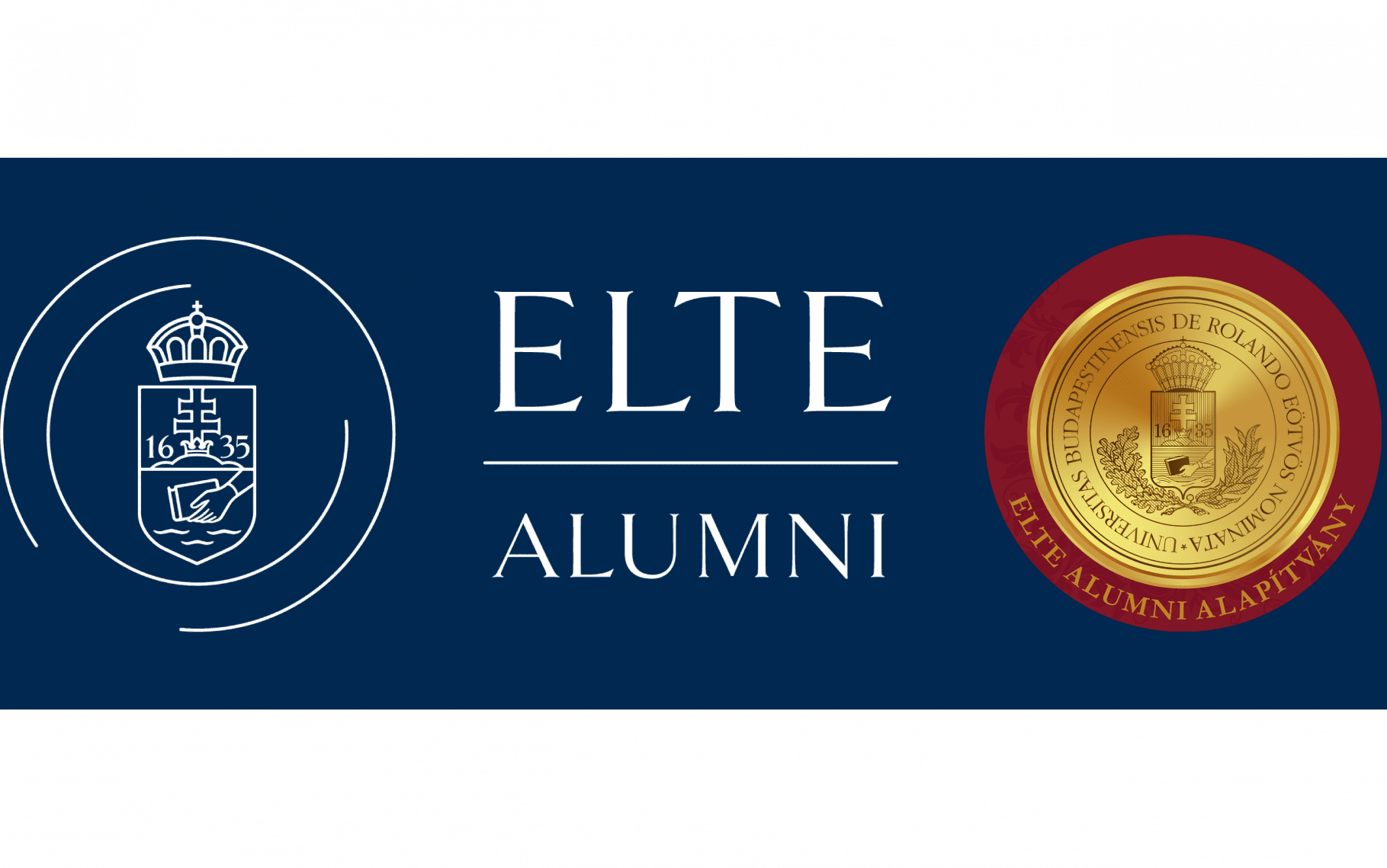ELTE has always payed special attention to the provision of equitable access to learning opportunities and services for students with special needs. To achieve the goal of equal opportunity, our University established the Disability Centre (SHÜTI) as a unique division of the Service Directorate in 2015. There are special educators, IT specialist and social care professionals who provide services to meet the students’ special needs.
Nonetheless, distance education brought challenges, never experienced so far for our students with disabilities and for the support team of the Disabilty Centre. Our biggest concern was the variety of e-learning platforms ELTE operates: Moodle, Canvas, Meet Street, Teams, Zoom. Many of them were only used by a few students and
we did not have any information of the accessibility features of Teams and Zoom
as these were only introduced in the beginning of distance education. We list some typical problems which were brought to the surface by the distance education.
For our students with autism-spectrum disorder, the biggest challenge was deviation from the ordinary learning procedure, from the every-day routine, orientation in the different on-line platforms, adaptation to the unexpected situation and learning the new communication system.
Students with hearing impairment had problems with following the real time streamed or recorded lectures and seminars. As students with hearing impairment and deafness use lip-reading, they cannot make notes at the same time, so they need note-takers, to capture things in real time or sign language interpreters.
Students with visual impairment and blindness have multiple barriers: both using the different kinds of e-learning platforms and reading the downloaded learning materials can be a problem, since the screen-reading software cannot read graphical components, such as icons, it can only read text or typographic symbols. Besides managing the e-learning platforms, blind students have another specific disadvantage, namely accessing the digital learning material if they are uploaded as image files.
The Disability Centre tried to answer these challenges in many ways. During the first week of distance education, we informed all ELTE students with special needs via the mailing list and Facebook on our new services that do not require face-to face contact. We had discussions with the personal assistants who provide peer support to our students with special needs about their tasks adapting to the new situation.
We made a survey among our students with disability on the problems they experienced in the on-line education
and depending on the result, we organized their support.
For the teachers and lecturers, we have written a short guide on the “Challenges of the distance education for students with special needs” which they can use besides the information booklets written previously by the staff of the Disability Centre. At the request of the Educational Directorate, we suggested the necessary modifications in the Regulations of Training and Examination to provide equal access and reasonable accommodation. We have tested the two newly introduced tools Teams and Zoom from the point of view of accessibility, then we wrote a guide on the usage with screen reading programs and sent it to our blind students.
For those students who cannot use any of the e-learning tools, we provide on-line consultation via Skype. We put subtitles on the recorded lectures and seminars and sent them back to our students with hearing impairment. We also managed to arrange the virtual presence of the sign language interpreters of the deaf students on the streamed seminars to provide real-time access. We constantly consult with our students with autism-spectrum-disorders on solving the problems which have risen in distance education and administration study affairs.
We also continue the social-communication skill development but now in an on-line form. We managed to go on with the speech therapy for those students with speech impairment who applied for this service via Skype. We proceed the learning management counselling for students with learning difficulties on-line. We provide individual IT counselling and the adaptation of the learning material for students with visual impairment and blindness. We have been providing support for approx. 60-70 students weekly since the introduction of the distance education.

Megjegyzések0
Megtekintéshez, vagy megjegyzés hozzáadásához kérjük, jelentkezzen be!
Javasolt cikkek



